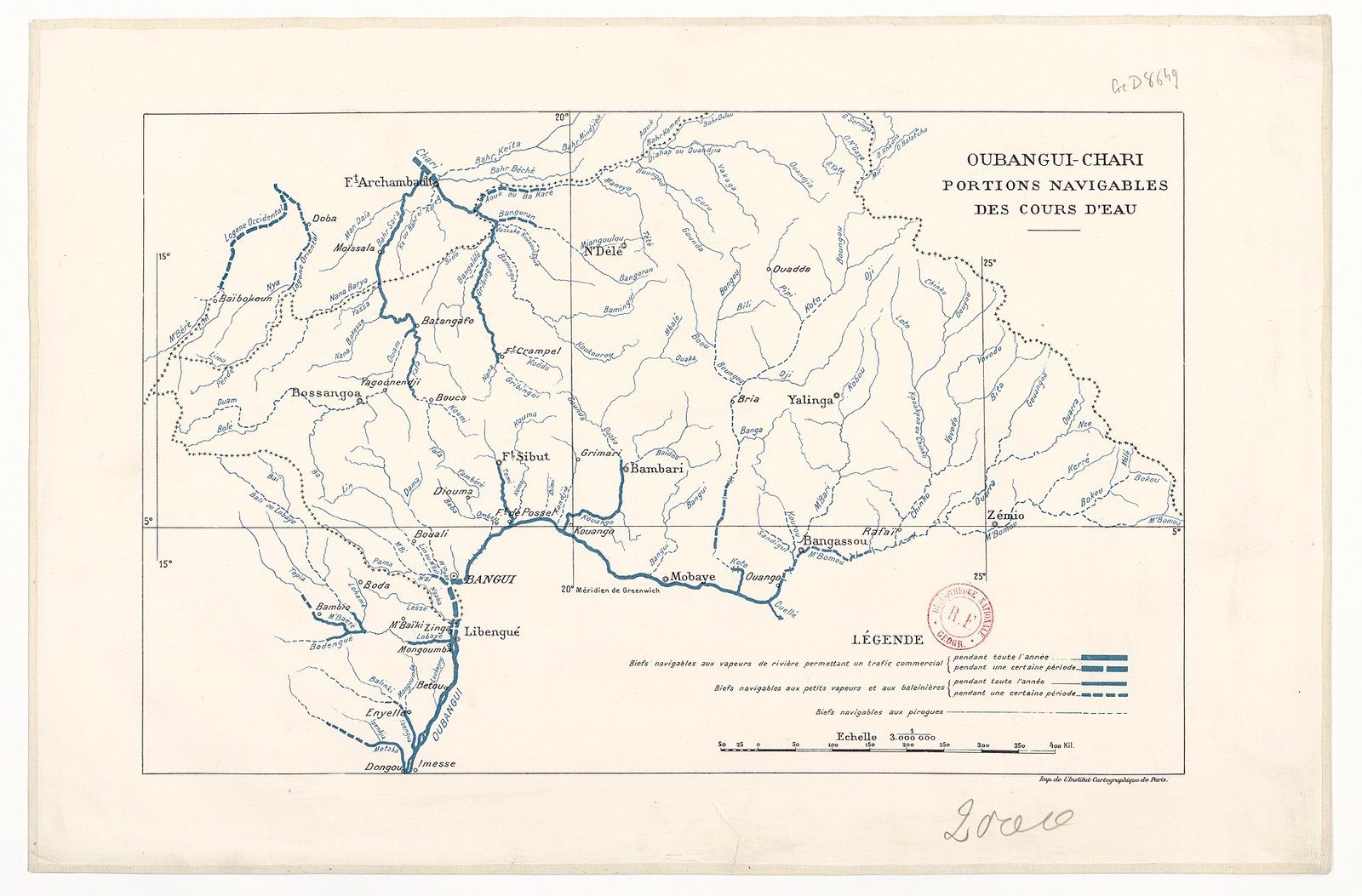On December 1, 1958, Ubangi-Shari, a French colony located in Central Africa, achieved autonomy, marking a significant milestone in the decolonization process of French Equatorial Africa. This event was part of a broader wave of change across African colonies that sought independence in the aftermath of World War II.
The move towards autonomy in Ubangi-Shari was a reflection of the aspirations of the local population for self-governance and the desire to break free from the shackles of colonial rule. It represented a crucial step towards the colony’s eventual complete independence, which it achieved as the Central African Republic.
The struggle for independence in Ubangi-Shari had its roots in the broader movement for decolonization that swept across Africa in the mid-20th century. The effects of World War II had a profound impact on the colonial powers, weakening their hold on their overseas territories and creating an opportunity for the colonized nations to assert their rights to self-determination.
During this period, African leaders and intellectuals began advocating for independence, drawing inspiration from the principles of nationalism and self-rule. The desire for autonomy and the rejection of colonial dominance were fueled by a growing sense of African identity and the belief that Africans should govern their own affairs.
In the case of Ubangi-Shari, the quest for autonomy gained momentum in the 1950s. The local population, led by political leaders such as Barthélemy Boganda, fought for the recognition of their rights and the establishment of self-rule. Boganda, a prominent figure in the struggle for independence, played a crucial role in mobilizing the people and articulating their aspirations.
The achievement of autonomy on December 1, 1958, was a result of negotiations between the French authorities and the local leaders. The French government, under pressure from the growing tide of decolonization, recognized the need to grant greater political rights to its colonies. The autonomy granted to Ubangi-Shari was a step towards meeting these demands.
The autonomy of Ubangi-Shari was not without its challenges. The transition from colonial rule to self-governance required the establishment of new institutions and the training of local officials. The French government provided technical and administrative assistance to facilitate the process, but the responsibility for governing the territory now rested on the shoulders of the local leaders.
Despite the challenges, the autonomy of Ubangi-Shari served as a catalyst for further political developments in the region. It paved the way for the establishment of a provisional government and the eventual declaration of independence on August 13, 1960. The Central African Republic, as it came to be known, became a sovereign nation, free from colonial control.
The autonomy of Ubangi-Shari was a significant event in the history of Central Africa and the broader decolonization process in Africa. It represented the triumph of the local population’s aspirations for self-governance and set the stage for the complete independence of the Central African Republic. The struggle for independence in Ubangi-Shari serves as a reminder of the determination and resilience of African nations in their quest for freedom and self-determination.
SEO Excerpt:
The autonomy of Ubangi-Shari (1958) marked a crucial step in the decolonization process of French Equatorial Africa. This event reflected the aspirations of the local population for self-governance and paved the way for the eventual independence of the Central African Republic. Learn more about this significant historical milestone in Central Africa’s journey towards freedom.

